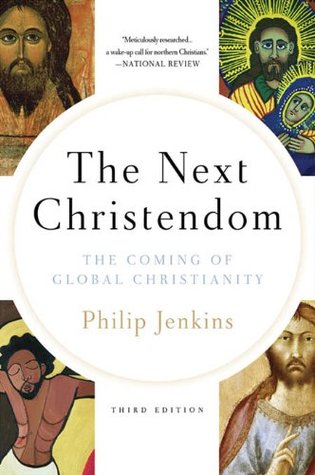More on this book
Kindle Notes & Highlights
Read between
April 10 - April 15, 2023
some parts of the world are growing much faster than others.
Muslim growth occurred because Muslims were concentrated in regions that maintained very high fertility rates throughout the twentieth century.
lower fertility promotes religious and political stability.
The potential flashpoints are those states with minorities representing 10 or 20 percent of the population, amply sufficient to resist efforts at religious harmonization, and quite enough to sustain military struggles against an unpopular government.
Two factors threaten to create religious instability, and perhaps violence.
One is that population growth does not observe national or religious boundaries.
Also threatening to cause antipathy is the issue of conversions.
The fundamental question is whether Islam and Christianity can coexist.
For most of the Middle Ages, Jews and Christians survived in Muslim states, at a time when Muslims or Jews were massacred or expelled by their Christian neighbors.
Both Christian and Muslim states can exist for decades or centuries without seeking to persecute minorities. All too often, though, persecution erupts, perhaps in response to some natural cataclysm, or to the rise of a particularly zealous regime. The minority community is reduced or scattered, and even after the hard times end, matters can never be quite the same again.
Peace then resumes until the next cycle of intolerance begins, but the ratchet turns yet another notch, and life becomes correspondingly more difficult for the survivors of the shrinking minority.
In the world as a whole, there is no question that the threat of intolerance and persecution chiefly comes from the Islamic side of the equation.
we might argue, backward nations such as Sudan and Yemen are far more intolerant than wealthy and advanced France or Sweden, but that is a consequence of poverty and backwardness, not of religious traditions.
Yet having said this, equally poor Christian-dominated states have not acted anything like as severely toward their religious minorities.
convention of global South Anglicans
We reject the expectation that our lives in Christ should conform to the misguided theological, cultural and sociological norms associated with sections of the West. … The unscriptural innovations of North American and some western provinces on issues of human sexuality undermine the basic message of redemption and the power of the Cross to transform lives. These departures are a symptom of a deeper problem, which is the diminution of the authority of Holy Scripture.
In the case of the southward movement of Christianity, we can be quite sure that the event will occur, but interpreting it or preparing for it is quite a different matter.
the cities that will be growing rapidly; we know today where many of these places are going to be, and where an investment of resources could pay off spectacularly.
To a Christian living in a Third World dictatorship, the image of the government as Antichrist is not a bizarre religious fantasy but a convincing piece of political analysis.


